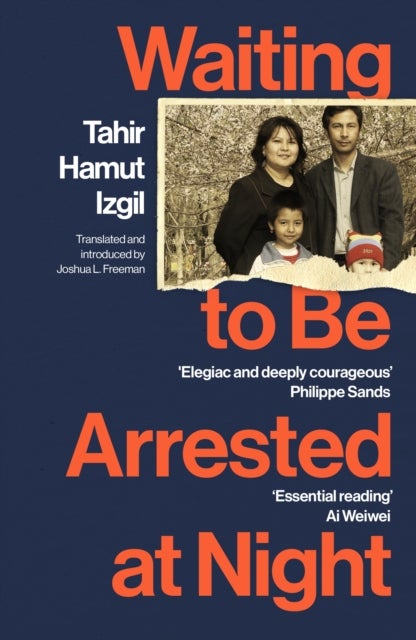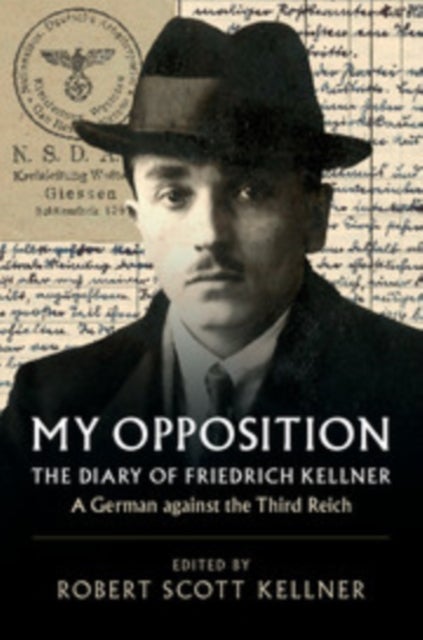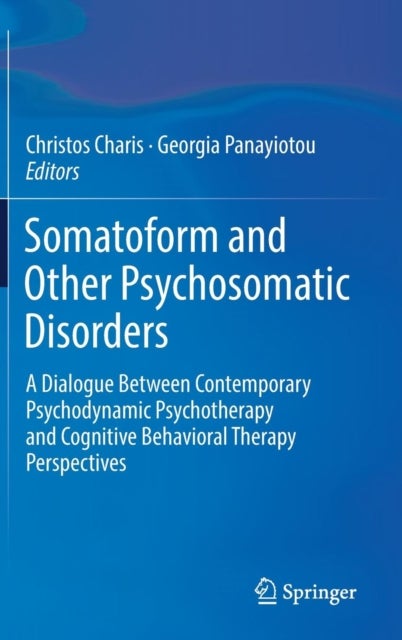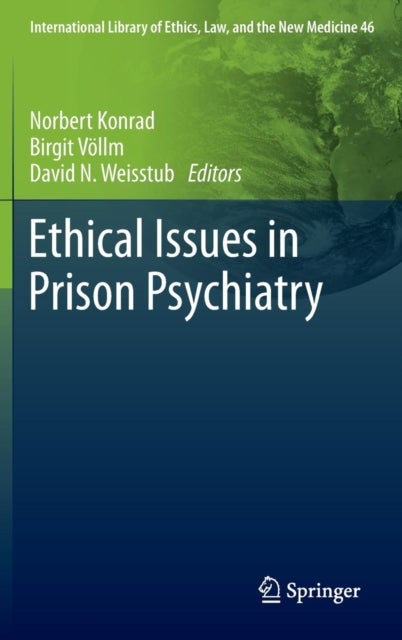
Waiting to Be Arrested at Night av Tahir Hamut Izgil
179,-
<p><b>A Uyghur poet''s piercing memoir </b><b>of life under the most coercive surveillance regime in history</b><br><br><b>''Essential reading''</b><br>AI WEIWEI, author of <i>1000 Years of Joys and Sorrows</i><br><br><b>''Deserves to be read widely''</b><br>FINANCIAL TIMES<br><br>If you took an Uber in Washington DC a few years ago, there''s a chance your driver was one of the greatest living Uyghur poets, and one of only a handful from his minority Muslim community to escape the genocide being visited upon his homeland in western China.<br><br>A successful filmmaker, innovative poet and prominent intellectual, Tahir Hamut Izgil had long been acquainted with state surveillance and violence, having spent three years in a labour camp on fabricated charges.<br><br>But in 2017, the Chinese government''s repression of its Uyghur citizens assumed a terrifying new intensity: critics were silenced; conversations became hushed; passports were confiscated; and Uyghurs were forced to provide DNA








